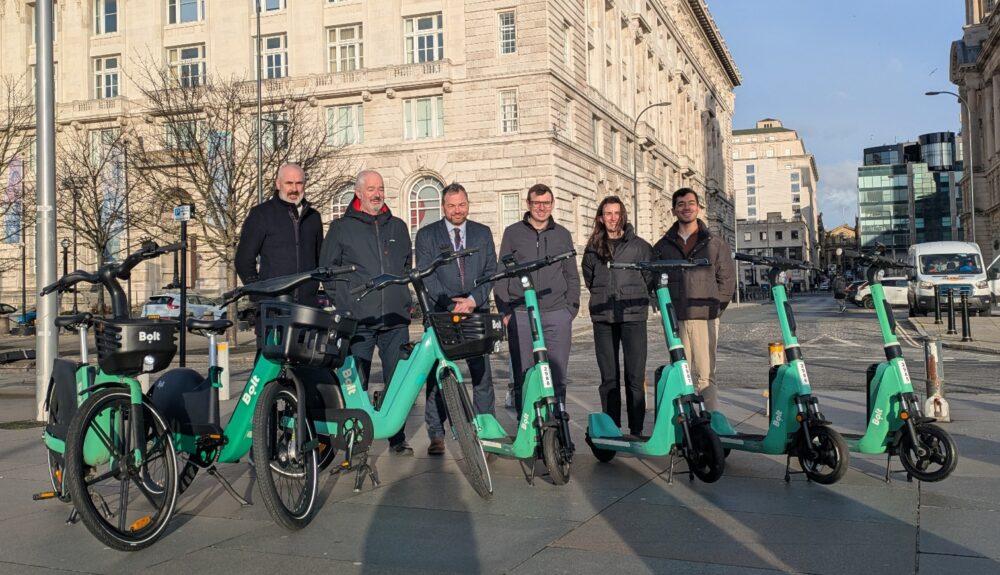
Environment
Four greening projects to be delivered in Liverpool this Summer thanks European climate grant
2 years ago
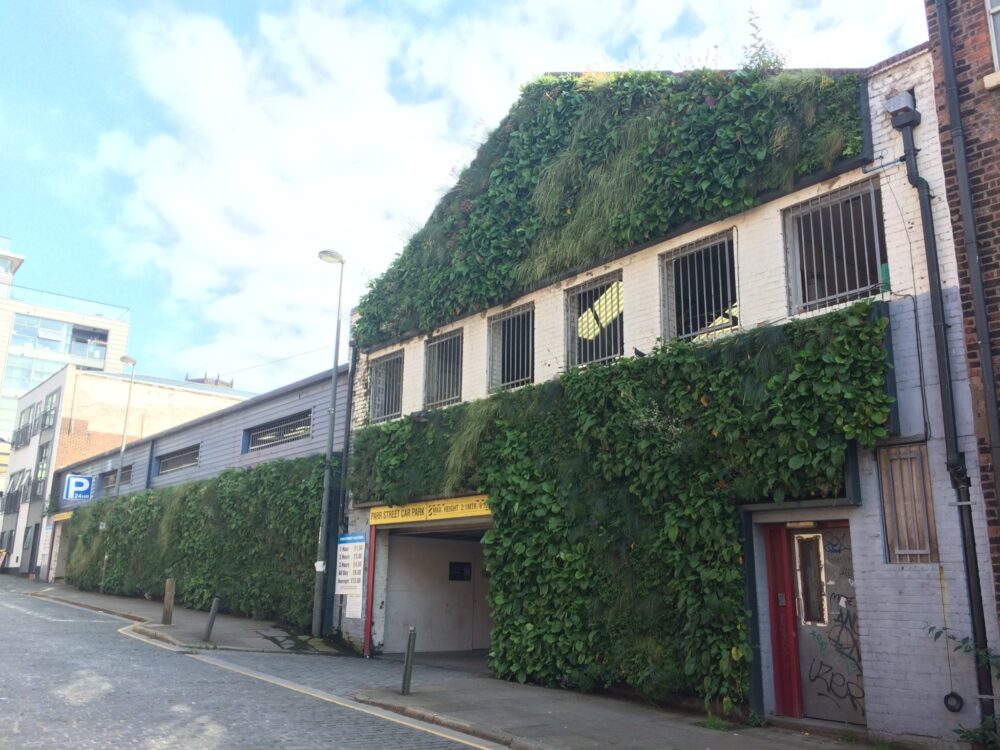
A series of greening projects to complement new active travel routes in Liverpool have been awarded funding from a European-wide climate grant.
Liverpool is just one of five cities chosen from a list of 100 to be supported by the Sustainable Cities Mobility Challenge which aims to promote projects that deliver the transition toward cleaner, greener, and more people-centred transport.
City councils, municipalities or local authorities in the EU Member States, Horizon Europe associated countries, the United Kingdom and Switzerland, were all invited to submit proposals that align with Europe’s climate agenda, including the EU Mission 100 Climate-Neutral and Smart Cities by 2030.
EIT Climate-KIC, Europe’s leading climate innovation agency, evaluated entries using criteria based on the potential for positive environmental and social impact, learning and replicability.
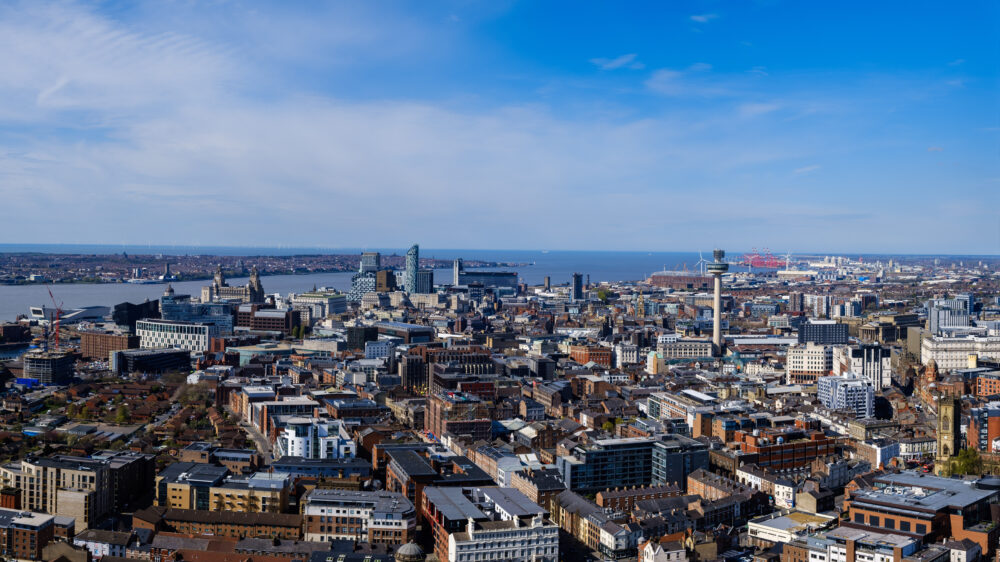
Project-specific grants will also be awarded to Cornellà de Llobregat and Santa Coloma de Gramenet (Spain), Lisbon (Portugal) and Utrecht (Netherlands).
The co-development and coordination of the Sustainable Cities Mobility Challenge, supported by FedEx Express Europe, aims to further stimulate the ambitions and opportunities for cities to decarbonise transport, improve local air quality, and build more climate-resilient communities.
Liverpool’s four greening schemes, which are all to be delivered this summer around the fringe of the city centre, are as follows:
• Grafton Street Green Wall – This would be Liverpool’s fourth green wall and will involve installing a series of trellis planters on Grafton Street in the Baltic Triangle area where an upgrade to active travel facilities will also be taking place.
• St Bride’s Church Hedge Planting – Located on Catharine St (adjacent to the soon to be introduced active travel route) this scheme will see the introduction of native hedge and bulb planting which will provide a natural screen for the church grounds from a busy road.
• Sustainable Modal Filter – With the creation of a modal filter at the junction of Kent Street and Upper Pitt Street, an environmentally friendly form of paving will be trialled to improve surface water drainage in an area at risk of flooding and to also enhance local biodiversity.
• Hill Street Greening – Hill Street will shortly be benefitting from an active travel upgrade which will see improvements made to an existing path that is currently inaccessible and uninviting to users. This path runs beside some low-grade amenity space which is proposed to be transformed with native species planting similar to the transformation on Blundell Street, which has resulted in increased pollinator counts of over 800%, which has also recently won an award for landscaping.
The projects are an extension of Liverpool City Council’s URBAN GreenUP programme to change how the city can use green (planted) and blue (water) spaces to help us better adapt to the future predicted impacts of climate change.
The city council has worked with the Mersey Forest and the University of Liverpool to test how different types of green and blue spaces (nature-based solutions) can be retrofitted into urban city spaces to provide an array of environmental, social and economic benefits.
The range of projects delivered include three different types of vertical green walls, a pollinator roof, trees providing sustainable urban drainage in the heart of the city, water retention ponds in a city park and Liverpool’s first urban city raingarden.
The £3.5m programme, funded by the EU’s Horizon 2020 initiative, has also involved different types of tree planting, floating ecosystem islands in the city centre docks system and a park lake, as well as a mobile ‘pop up’ forest and some innovative pollinator spaces and verges in the city.
To date, 40 URBAN GeenUp projects have been delivered across the city.

Andy Mollon, Director of Transportation and Highways at Liverpool City Council, said:
“We’re delighted to have been chosen to be part of the Sustainable Cities Mobility Challenge and thank EIT Climate-KIC and FedEx Express Europe for their support.
“Liverpool is committed to creating cleaner, greener, and more people-centred transport options, which is why we’re investing millions of pounds to improve active travel networks across the city to achieve exactly that.
“Liverpool prides itself on innovation and we’re also looking at a new ways to deliver greener methods in highways construction, so sustainability and how we encourage biodiversity is rooted in everything we do from the materials in our roads to how people travel on them.”
Kirsten Dunlop, CEO of EIT Climate-KIC, said:
“Through the Sustainable Cities Mobility Challenge, we’re supporting cities to take bold steps towards achieving their climate ambitions. These pilot initiatives serve as testbeds where innovation, collaboration, and experimentation converge to catalyse transformative change at the heart of communities. We’re thrilled to partner with the selected cities.”







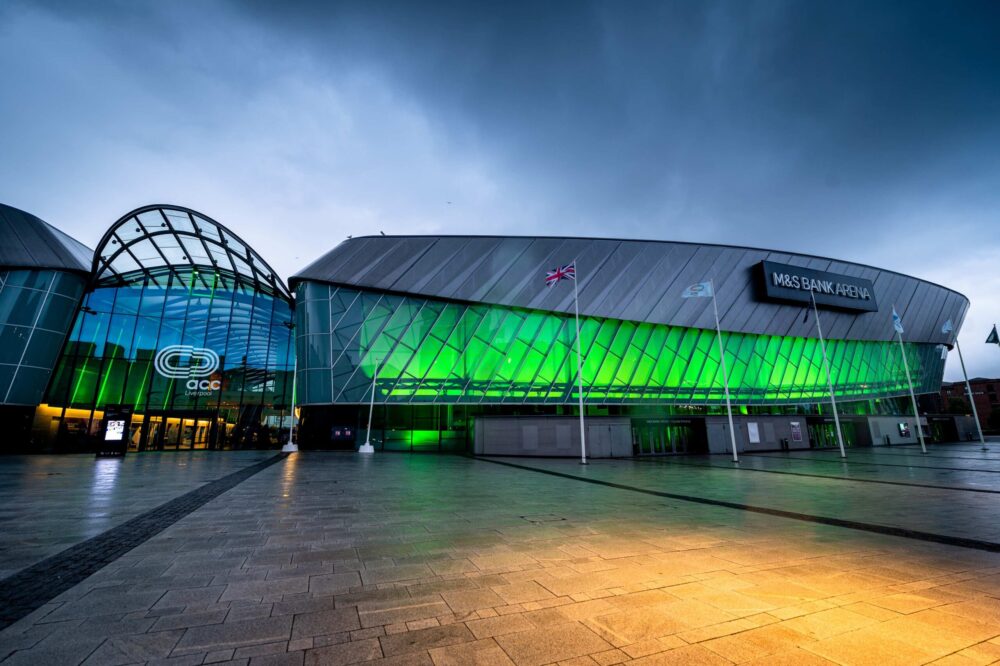
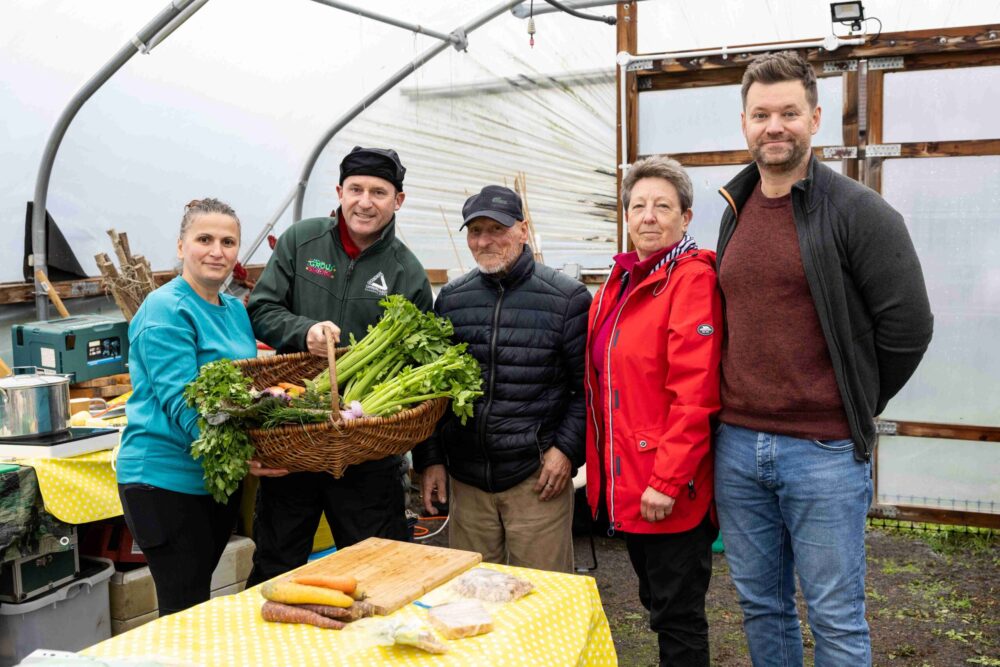
 Subscribe
Subscribe Follow Us
Follow Us Follow Us
Follow Us Follow Us
Follow Us Follow Us
Follow Us Follow Us
Follow Us











